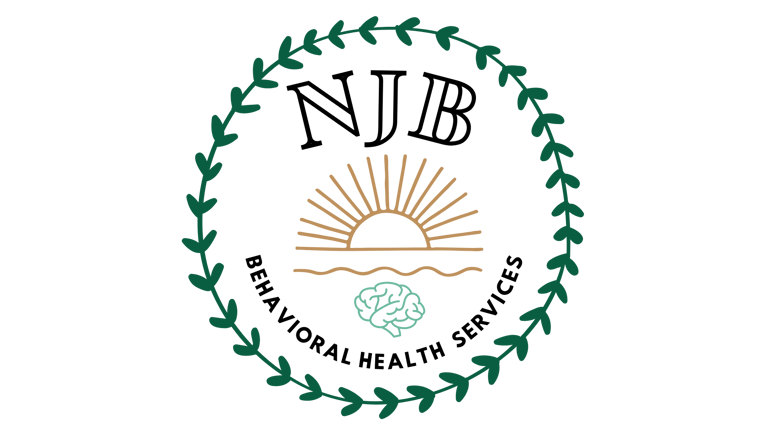Obsessive-compulsive disorder (OCD) is a mental health condition that affects millions of people worldwide. OCD is characterized by intrusive thoughts, urges, or images that cause intense anxiety or distress. Individuals with OCD often feel compelled to perform repetitive behaviors or rituals in an attempt to alleviate their anxiety.
One of the most common symptoms of OCD is the presence of obsessions, which are intrusive and unwanted thoughts or urges. These obsessions can range from fears of contamination to fears of harm coming to oneself or others. Individuals with OCD may spend hours each day ruminating on these thoughts, which can significantly impact their daily functioning.
In addition to obsessions, individuals with OCD often engage in compulsions, which are repetitive behaviors or mental acts that they feel driven to perform in response to their obsessions. Compulsions are an attempt to reduce the anxiety caused by the obsessions, but they often provide only temporary relief. Common compulsions include excessive hand washing, checking, counting, or praying.
It is important to note that OCD is a chronic condition that can significantly impact an individual's quality of life. People with OCD may struggle to maintain relationships, hold down a job, or engage in social activities due to the time-consuming nature of their rituals. Treatment for OCD typically involves a combination of therapy and medication, which can help individuals manage their symptoms and improve their quality of life.
In conclusion, OCD is a debilitating mental health condition that affects individuals of all ages. It is characterized by intrusive thoughts and repetitive behaviors that can significantly impact daily functioning. With proper treatment and support, individuals with OCD can learn to manage their symptoms and live fulfilling lives.
OCD
Obsessive-Compulsive Disorder (OCD) treatment is crucial for individuals suffering from this debilitating mental health condition. There are various treatment options available, including therapy, medication, and alternative treatments. Therapy, such as cognitive-behavioral therapy, is highly effective in helping individuals with OCD manage their symptoms. Medication, like selective serotonin reuptake inhibitors, can also be helpful in reducing obsessive thoughts and compulsive behaviors. In addition to traditional treatments, alternative therapies like mindfulness meditation and exercise have shown promise in alleviating OCD symptoms.
Transition words like "however", "in addition", "furthermore", "on the other hand", and "similarly" can be used to connect ideas and improve the flow of the essay. Using active voice helps to make the writing more engaging and impactful. For example, instead of saying "medication can be prescribed by doctors", it is more effective to say "doctors can prescribe medication". Varying the sentence structure by using different sentence types, lengths, and complexities can keep the reader engaged and enhance the overall quality of the essay.
Overall, OCD treatment is a complex issue that requires a multi-faceted approach. By utilizing a combination of therapy, medication, and alternative treatments, individuals with OCD can effectively manage their symptoms and improve their quality of life. It is essential for individuals with OCD to work closely with mental health professionals to develop a personalized treatment plan that meets their unique needs and goals. With the right treatment approach, individuals with OCD can lead fulfilling and productive lives.
